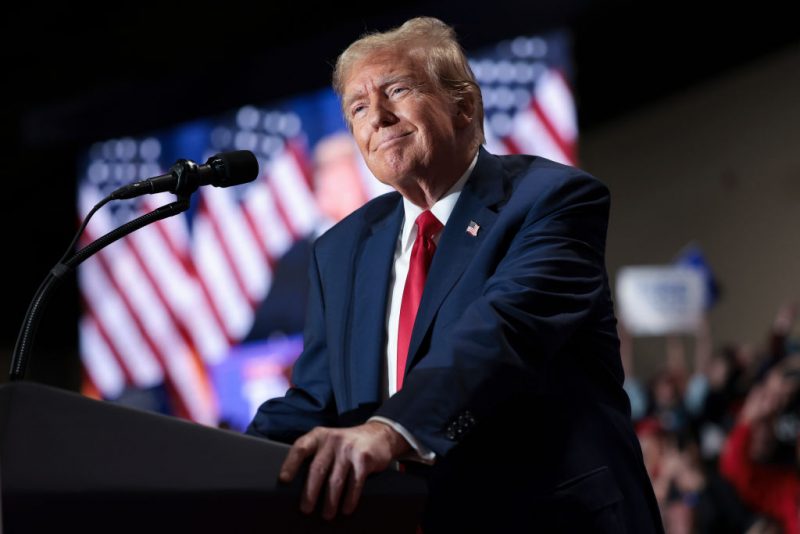National security adviser Jake Sullivan stated that as the world increasingly aligns along ideological lines amid the Russian–Ukraine war, China is at a crossroads that could define its global role. According to Sullivan, if Beijing chooses a “darker path” by deepening its ties to autocratic regimes, it risks forfeiting its aspirations as the world’s second-largest economy.
“China has a choice to make,” Sullivan said during a Dec. 17 discussion with Eurasia Group and GZERO Media President Ian Bremmer at the 92NY in New York City. “It can either continue to tighten those links militarily, diplomatically … [or] end up in a circumstance where it is really part of an axis.
“Or it could do what I think is much more natural from the point of view of China’s perspective interests and opportunity, which is to be a huge competitor to the United States.”
Amid international sanctions limiting Russia’s ability to access funds and materials for its war effort, Moscow has turned to partnerships with nations like North Korea. Additionally, reports confirm that Russia is receiving assistance through Chinese and Iranian channels, prompting concerns of a growing bloc of autocratic regimes.
Sullivan referred to this alliance—consisting of Russia, China, North Korea, and Iran—as the “alignment of autocracies,” a grouping some experts have described as a new “axis.” However, Sullivan suggested that China has yet to fully commit to this bloc. “The risk is really there that they will go down a darker path,” he said. “It is not preordained that China ends up foursquare in this axis. I personally don’t think they fully made that decision one way or the other.”
China’s decision will influence future U.S. policy, Sullivan added, as tensions are expected to rise with the incoming Trump administration signaling plans for sweeping tariffs on Chinese imports. Both the Trump and Biden administrations have imposed sanctions on China for trade violations and human rights abuses, emphasizing that these measures are responses to Chinese actions rather than unilateral aggression.
“Most of the time, people ask … from the point of view of: ‘What are you going to do, America, to help make that happen? How are you going to be nicer to China so China is willing to do these things?’” Sullivan said. “Actually, it’s China’s choice to make more than it is ours.”
Sullivan highlighted that China must decide whether its relationship with Russian President Vladimir Putin will define its geopolitical stance or if it will position itself as a distinct global power not aligned with the so-called axis.
“I think the world should put the onus on China to make the right choice,” he said, cautioning that China’s decisions will determine whether it adheres to its role as a major global competitor or embraces a more antagonistic path.
Sullivan also referenced ongoing conversations with incoming national security adviser Mike Waltz to ensure continuity in addressing foreign policy challenges during the administration’s transition. Reflecting on the broader U.S.–China relationship, he noted two prevailing viewpoints: one favoring “clear-eyed” competition and another advocating for policies aimed at fundamentally challenging the Chinese Communist Party’s dominance.
“No matter what the trajectory, the United States and China are going to have to learn to live alongside one another as major powers in the world for the foreseeable future, and we need terms upon which we can do that,” Sullivan concluded.
 Telegram is where we really talk. Don't miss out!
Telegram is where we really talk. Don't miss out!







